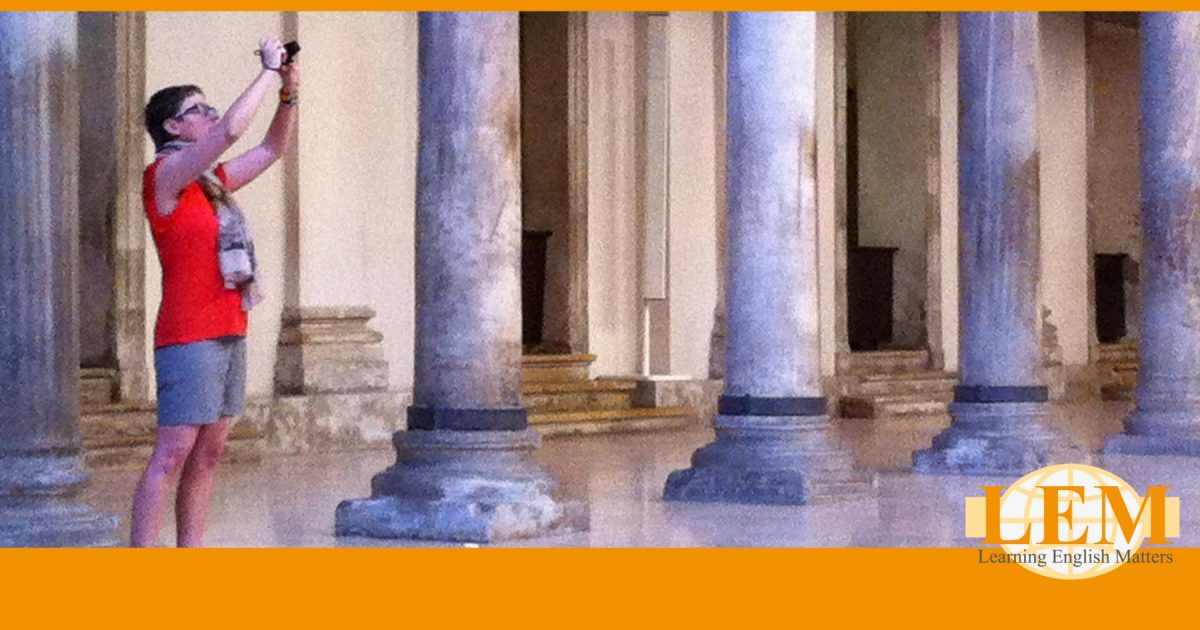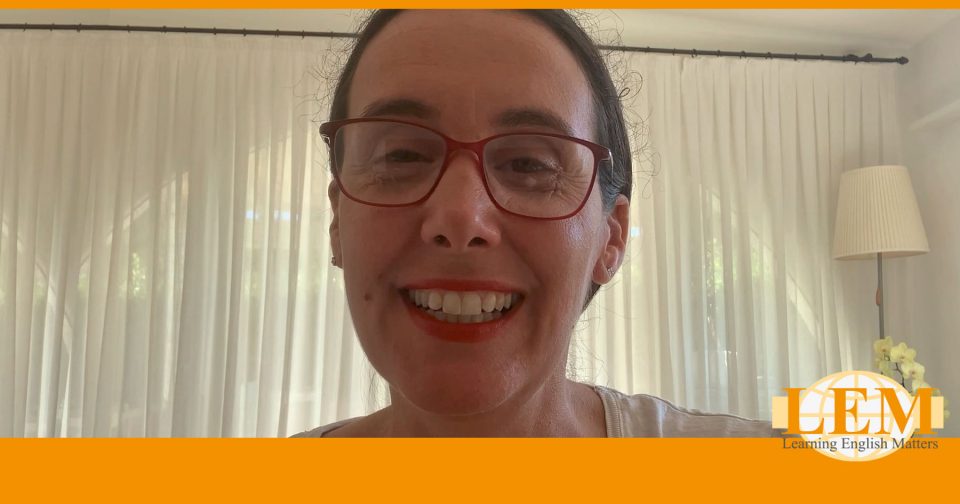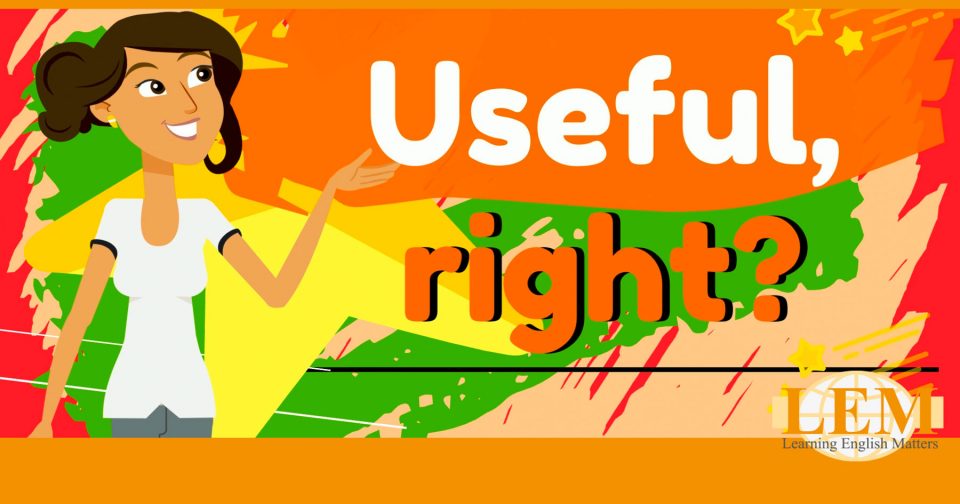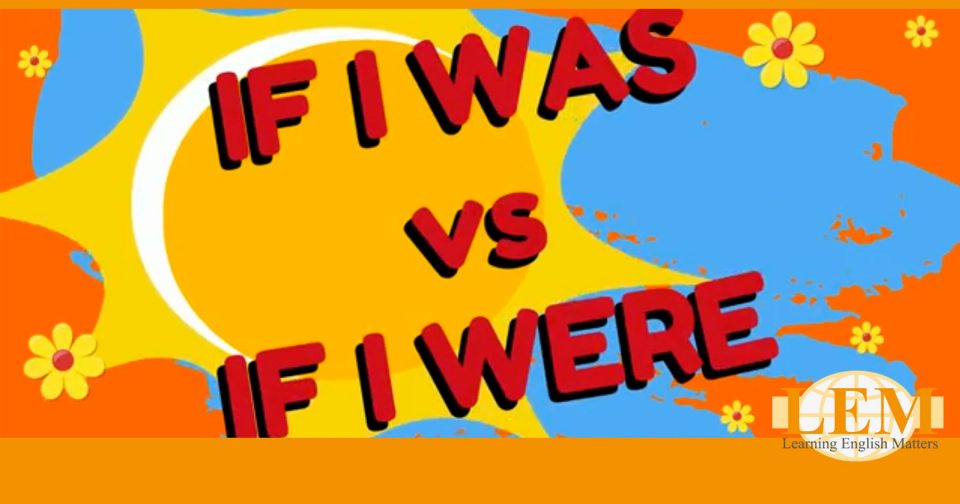
Interviewee: Sonia Ingrid
Hi, my name is Sonia Ingrid and they have asked me to speak to you today about how I got my PhD in Classics from the University of Canterbury, in Christchurch New Zealand.
What was my background when I started planning for my PhD?
I started planning for my PhD when I found out that there was a Classics program at the local university here in Christchurch. I got in touch with someone who eventually became my supervisor. Um, I also got a job at the university as Post-Graduate Coordinator so I was very fortunate to be working in the university where I was studying. That was good to get books and articles and such out of the library since I was already on-site. I have done uh, previously I had done a bachelor’s degree in Classics in Medieval Studies and a master’s degree in Religious Studies that I completed in 1997, so it’s almost 20 yrs to the day that I will be graduating from my PhD. I always figured I’d get back into um further education, I just wasn’t exactly sure when that was going to happen.
Second question, how much work was involved and how did I manage to fit this into my schedule?
There is a lot of work involved in writing a PhD. It’s a self-directed study program. You have to be very motivated, you have to have schedule time where you will read research and it’s so much easier now that we have the internet. Articles can be downloaded, articles can be emailed um books are also sent overseas which is very practical as well but the research um component of it is much easier than when I did my master’s. It’s something that you have to talk to your support group about, so my husband was aware I was doing this and he was aware of the time and um, moods I suppose that also come with this study because there’s a lot of self-doubt, you suffer from imposter syndrome, you challenge old ideas and that’s the whole point of writing a PhD is trying to do something new and different. You also have to produce a rather large document that then gets sent out to examiners, in New Zealand, the process is one local examiner, so in New Zealand and one international examiner. And this was the first time that my material was being reviewed by 2 researchers who worked in the field of Early Christian Archeology and in the Period of Late Antiquity, so it was very thrilling, it was very scary but the feedback that I received as a result of this was very robust..very robust questions very pointy questions but it was also very good feedback in that I was allowed to progress to my PhD interview which is the last part of your PhD research. Basically, the local examiner asks the questions that were brought up during the examination process. They can have other questions on the day as well. The oral chair was very good in advising me before hand how this was going to work, what I could expect on the day, so I was prepared in that sense but I wasn’t very nervous because I figured if I had gotten to this point, I could do this very easily. I had become the expert in my field. I proceeded to do this, the examination itself was very pleasurable, it was actually more of an academic discussion as opposed to an examination and after it was done I stepped out for maybe 2 minutes which seemed to me like 2 hours and when I came back in they said to me “Congratulations Doctor” and then we all went for lunch.
If anything, this has taught me that determination and hard work and a lot of sleepless nights really does get you over the line and you can reach your goals even in the face of adversity and when you’re discouraged and when you don’t think you have much to contribute you just never know.
So this is Sonia Ingrid for Learning English Matters, thank you for listening.
Words in this story:
Got in touch: talking with another person
Eventually: at a later date or time
Self-directed: to have your own control
Component: an important part
Imposter syndrome: the feeling that your achievements are not real or that you do not deserve praise or success
Thrilling: exciting
Robust: very impressive
Adversity: a hard position or situation
Discouraged: feel less determined or to feel like you can’t succeed
Contribute: being involved in making something or someone succeed
Pleasurable: when something is enjoyable
If you liked this story, share it with a friend!
Subscribe to our blog and receive daily English practice.



